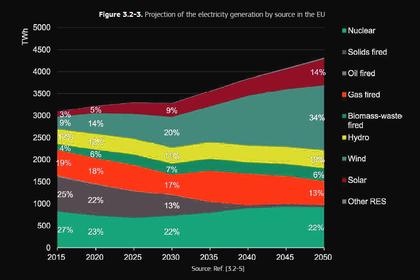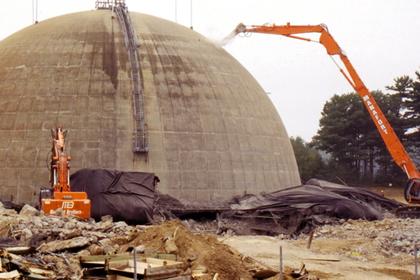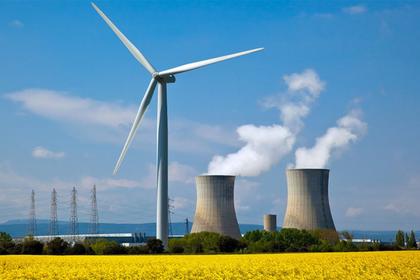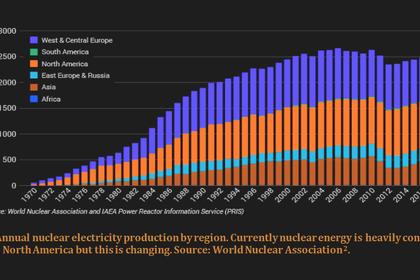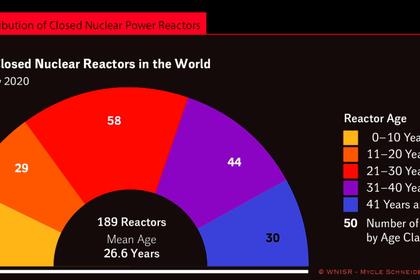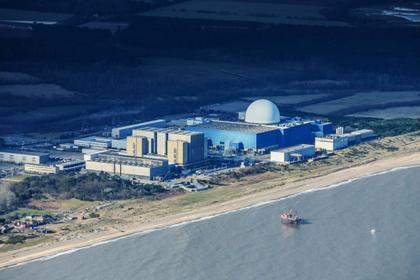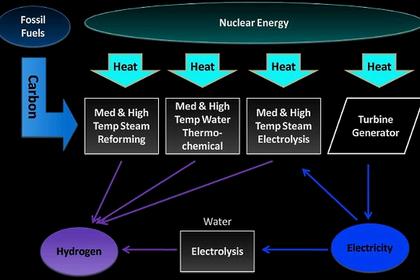
NUCLEAR FOR BOLIVIA
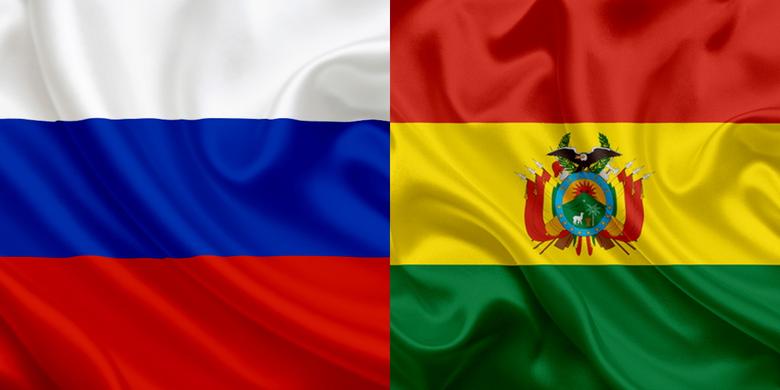
N - 30 March 2021 - Russia’s Ambassador to Bolivia, Mikhail Ledenev, and representatives of the Bolivian Ministry of International Affairs accompanied by Alexey Altynov, Vice President of JSC Rusatom Overseas, on 24 March visited the construction site of the Centre for Nuclear Technology Research and Development (CNTRD) in El Alto situated 4,000 metres above sea level.
The project is being implemented by Agencia Boliviana de Energía Eléctrica (ABEN - Bolivian Agency for Nuclear Energy) under the supervision of the Ministry of Hydrocarbons and Energies, and the work is being carried out by Rosatom’s Specialised State Institute of Design (GSPI) jointly managed by Rusatom Overseas. The diplomats visited the construction facilities of Phase 1 and 2 of the CNTRD - the Preclinical Cyclotron-Radiopharmacology Complex (PCRC) which will produce radiopharmaceuticals for diagnostics and treatment of oncology, as well as the Multipurpose Irradiation Centre (MIC) with a commercial gamma-ray unit for the treatment of medical devices and agricultural products.
ABEN executive director Hortensia Jiménez told Bolivia TV on 29 March that Bolivia has at least 12 professionals with master's degrees ready to staff the centre. “We have young Bolivians, professionals, with master's degrees in physics and nuclear technology, they have already returned last year (from abroad),” he said. He noted that by autumn 2021 the complex will have a cyclotron, a radio pharmacy, a multipurpose irradiation complex (MIC) and a pre-clinic and by 2024 it will have a research reactor and a complex of radioisotope production and neutron activation laboratories.
“The CNTRD project is a unique project not only for Bolivia, but also for all of Latin America. It is based on advanced technologies that will make a real impact in the fight against oncological diseases,” said Ledenev. He said the MIC will open new horizons for the Bolivian agricultural exporters. “The MIC technologies will increase the shelf life of food products and ensure their safety and high quality. Since we started this project, the price of the land in this area has increased and this region is considered prestigious. Such centres will improve R&D collaboration and attract scientists from all over the world helping to solve global challenges. I am sure that our work on this project will show results in the near future.”
Altynov noted that Bolivian construction companies are involved in building the CNTRD. “For example, there are over 300 Bolivian citizens currently working on the site. Phase 1 and 2 facilities are planned to be handed over to the customer in autumn.
The EPC contract for the construction of the centre in El Alto was signed in September 2017. Construction of stage 1 facilities, the Cyclotron Radiopharmacy Preclinical Complex (CRPC) building began almost immediately and was scheduled for completion in 2020. Russia had planned to finish construction ahead of schedule by the end of 2019, but the coup against President Evo Morales in November 2019 deferred work and put the project in jeopardy. Morales had allocated $351 million for construction of the centre.The new regime formally suspended construction in February 2020. However, work resumed following the landslide election of a new government in October 2020, which saw the return of Morales, who had been forced into exile.
Before the forced departure of Morales, Rosatom in July 2019 had signed a Memorandum of Cooperation with Bolivia’s Ministry of Energy on the development of industrial and research projects in the lithium industry Also in July 2019, Russian nuclear regulator Rostechnadzor had signed a co-operation agreement with Bolivian Electricity and Nuclear Technology Supervisory Authority in the field of nuclear and radiation safety regulation and the peaceful use of nuclear energy. The agreement covered development of a regulatory framework on radiation safety and security, licensing in nuclear operation, and oversight activities.
-----
Earlier:
